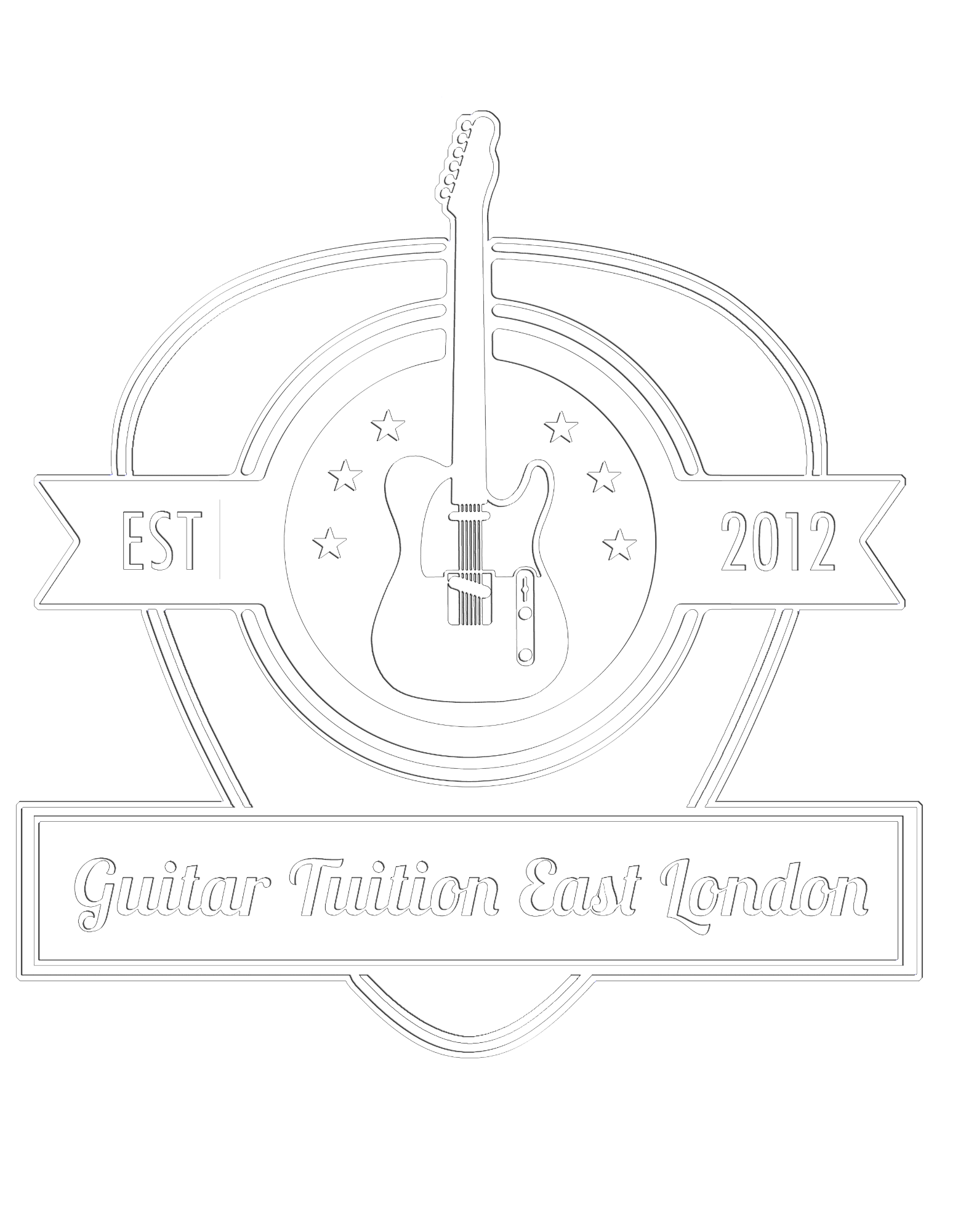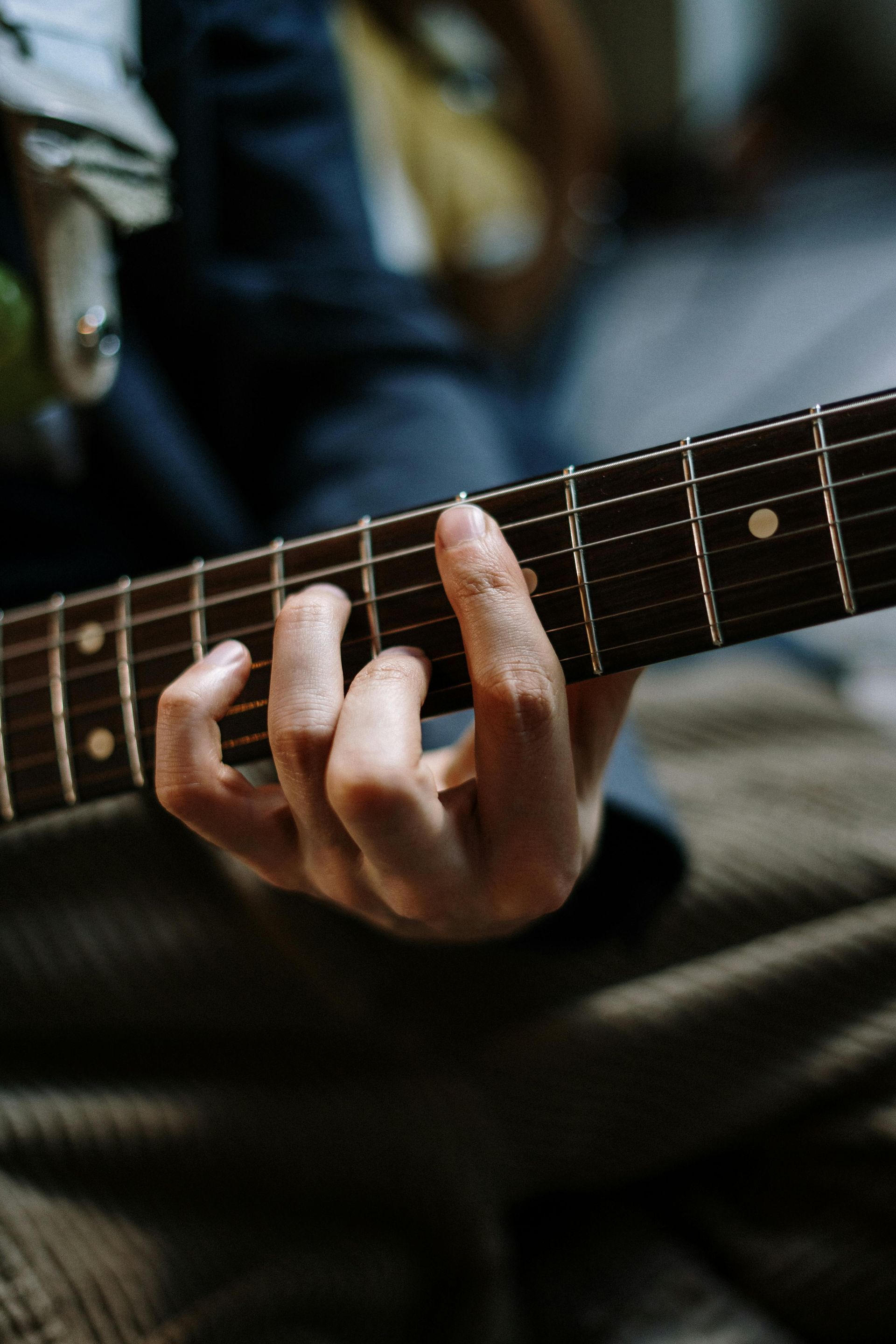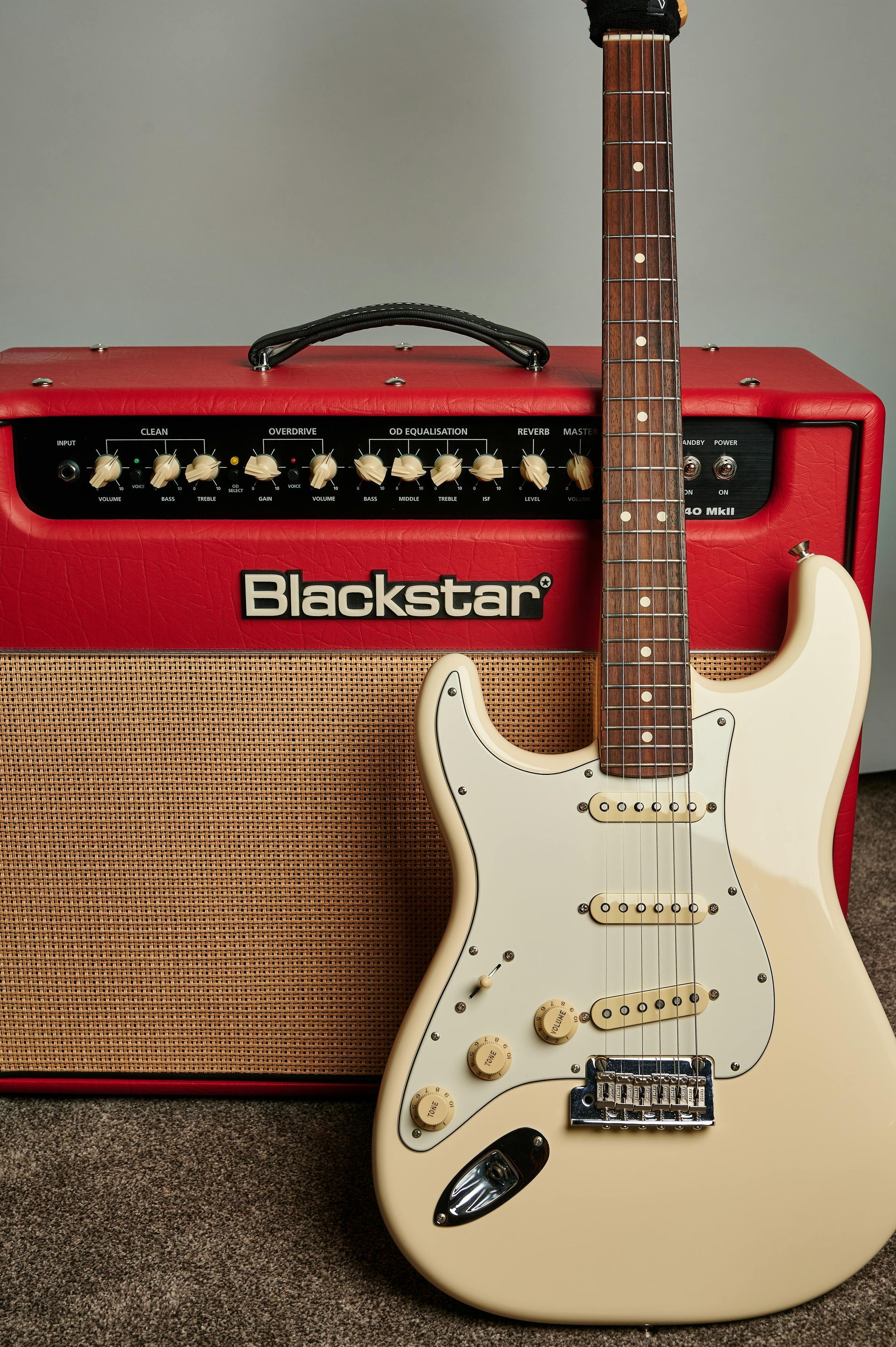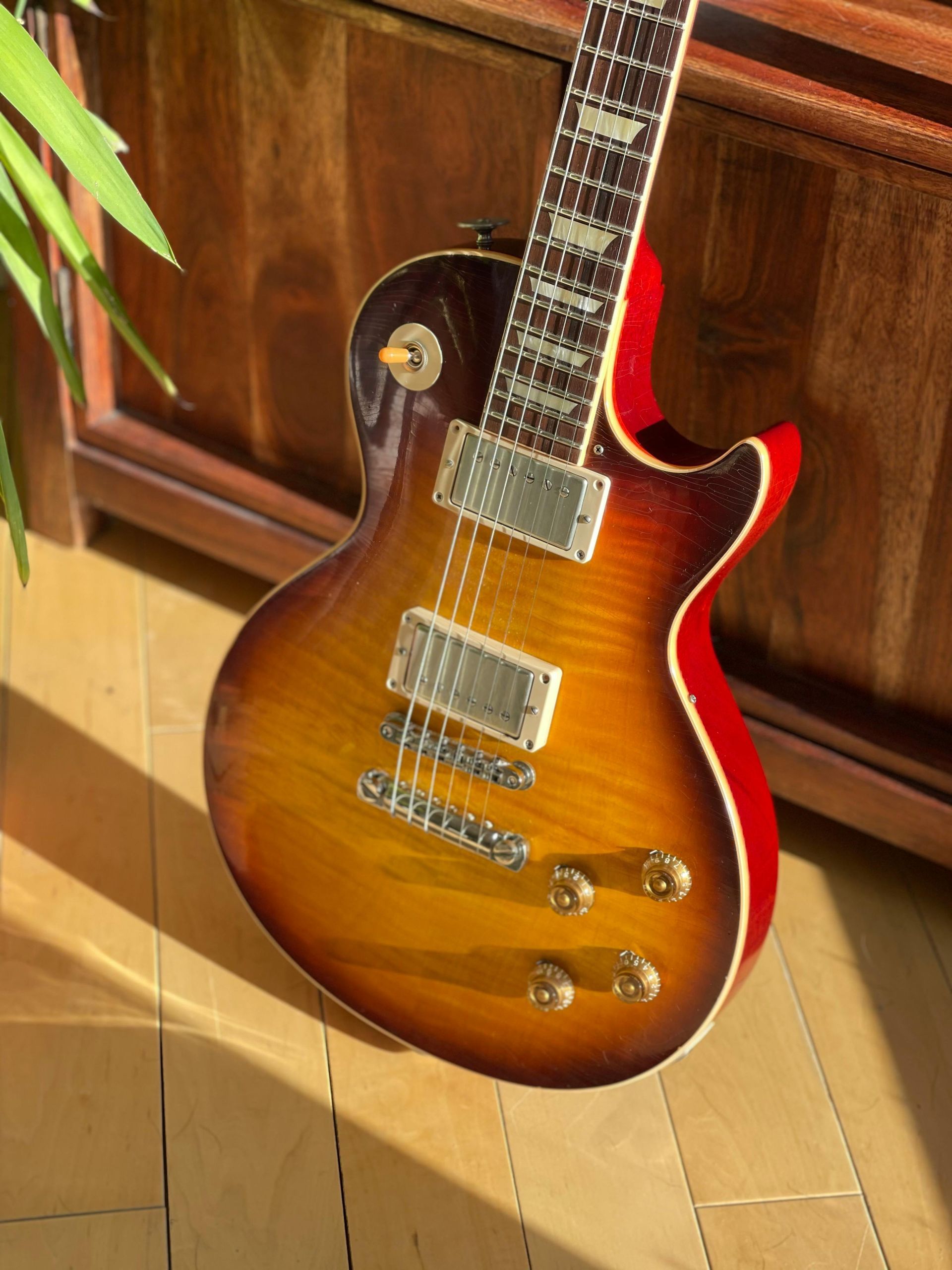Beginner Piano Repertoire: Building a Strong Foundation
Starting your piano journey is exciting, but finding appropriate pieces to play can be challenging. The ideal beginner repertoire builds skills progressively while keeping you motivated with enjoyable music.
Here's a guide to pieces that develop technique while nurturing your love for the instrument…
First Steps (Complete Beginners)
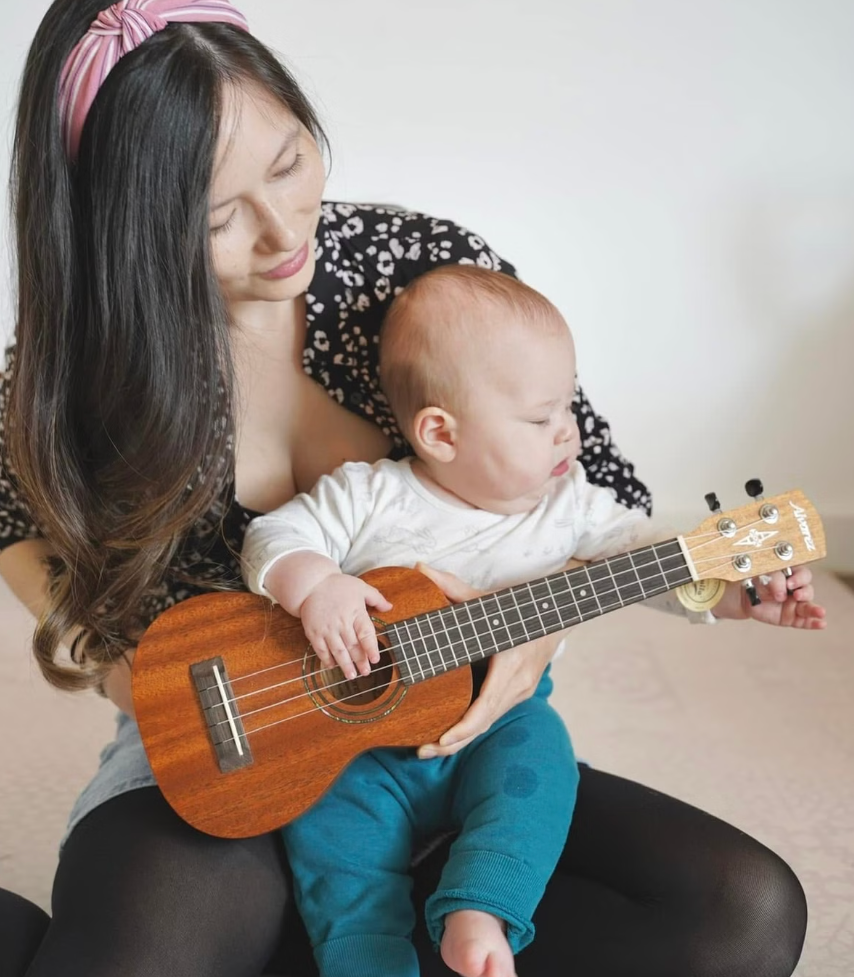
When you're just starting out, look for pieces that:
- Use both hands in simple positions
- Have minimal hand movement
- Use basic rhythms (quarter and half notes)
- Stay in C position (thumbs on middle C)
Excellent starting pieces include:
- "Twinkle, Twinkle Little Star" (folk tune)
- "Ode to Joy" (simplified Beethoven)
- "Mary Had a Little Lamb" (folk tune)
- Selections from method books like Alfred's Basic Piano Library or Faber's Piano Adventures
Building Basic Skills (2-3 Months)

After mastering your first pieces, progress to music that:
- Introduces hand position changes
- Uses more note values (eighth notes)
- Explores new key signatures (G major, F major)
Try these pieces:
- "Minuet in F" by Leopold Mozart
- "Ecossaise in G" by Beethoven
- "Morning Mood" (simplified Grieg)
Developing Independence (6-12 Months)

As your skills develop, look for music that:
- Has independent hand movements
- Introduces more complex rhythms
- Explores different styles and moods
Consider these accessible classics:
- Burgmüller's "25 Easy and Progressive Studies" (Op. 100)
- Bach's "Minuet in G" from Anna Magdalena Notebook
- Schumann's "Melody" from Album for the Young
- Kabalevsky's "Clowns" (Op. 39, No. 2)
Adding Emotional Depth (1-2 Years)
When you're comfortable with basic techniques, explore pieces that:
- Express different emotions
- Introduce pedaling
- Develop phrasing and dynamics
Beautiful options include:
- Clementi's Sonatinas (Op. 36)
- Tchaikovsky's "The Sick Doll" from Album for the Young
- Chopin's Prelude in E minor (Op. 28, No. 4)
- Satie's Gymnopédie No. 1 (simplified version)
Finding Balance in Your Practice
A well-rounded practice routine should include:
- Technical exercises (scales, arpeggios)
- A piece that challenges you
- A piece that's at your current level
- A familiar piece you enjoy playing
This balance keeps practice productive while maintaining motivation.
Beyond Classical Music
Don't limit yourself to classical repertoire. Many beginners enjoy:
- Simplified arrangements of film music (Star Wars, Disney themes)
- Popular song arrangements (The Beatles, contemporary artists)
- Jazz standards with simple left-hand patterns
Learning pieces you recognise and enjoy will keep you motivated through the challenging early stages.
Remember, the goal of beginner repertoire isn't just to develop technique, but to build a lifelong relationship with the piano.
Choose music that speaks to you while gradually expanding your skills, and your piano journey will be both rewarding and enjoyable.


